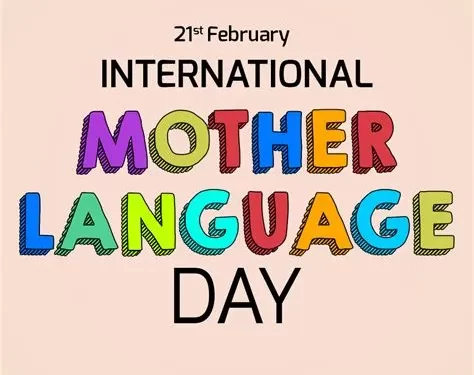The Linguistics Association of Ghana (LAG) has joined UNESCO and the global community in commemorating the 2024 International Mother Language Day.
It is under the theme “Multilingual education – a pillar of learning and intergenerational knowledge.”
This theme according to the Association serves as a poignant reminder of the indispensable role of multilingualism in shaping educational paradigms and fostering intergenerational knowledge transfer.
This comes on the back of plans by Ghana’s Parliament to adopt the use of local languages in the house.
Below are excerpts from a statement released by LAG to commemorate the International Mother Language Day:
As an association dedicated to the study of language and promotion of linguistic diversity, we underscore the profound importance of recognising and preserving mother tongues, and in our linguistic milieu, all native Ghanaian languages. These languages are not only the bedrock of cultural identity but also conduits for transmitting heritage, wisdom, and traditions across generations. It is imperative that they are esteemed and upheld, rather than trivialised or marginalised. In tandem with the celebration of linguistic diversity, it is undeniable that the escalating interconnectedness of our globalised world necessitates proficiency in multiple languages. The ability to communicate across linguistic boundaries has metamorphosed from a mere advantage to an essential skill in today’s world. As such, multilingual education stands as a cornerstone for fostering understanding, collaboration, and inclusivity on a global scale.
We take advantage of this auspicious occasion to commend the Parliament of Ghana for the recently introduced reform to their Standing Orders to allow the use of indigenous Ghanaian languages in parliamentary discourse. This initiative bears testament to the recognition of the intrinsic value of our languages, and represents a significant stride towards linguistic inclusivity and representation in formal settings. However, we acknowledge that the successful implementation of such a policy demands resolute determination and the establishment of concrete measures.”
Indeed, the provision of logistical support, like interpreters, interpretation equipment, and comprehensive language education programs, is pivotal to sustainably integrating multilingual practices in arenas such as the Parliament. It is incumbent upon us to not only advocate for linguistic diversity, but also to effectuate tangible initiatives that facilitate the seamless integration of multiple languages in various domains.
As we commemorate this Day, let us fervently reaffirm our commitment to championing and nurturing linguistic diversity, embracing multilingual education, and fortifying our collective resolve to erect inclusive linguistic frameworks that amplify the voices of all language communities.
The Linguistics Association of Ghana wishes all a happy International Mother Language Day!


